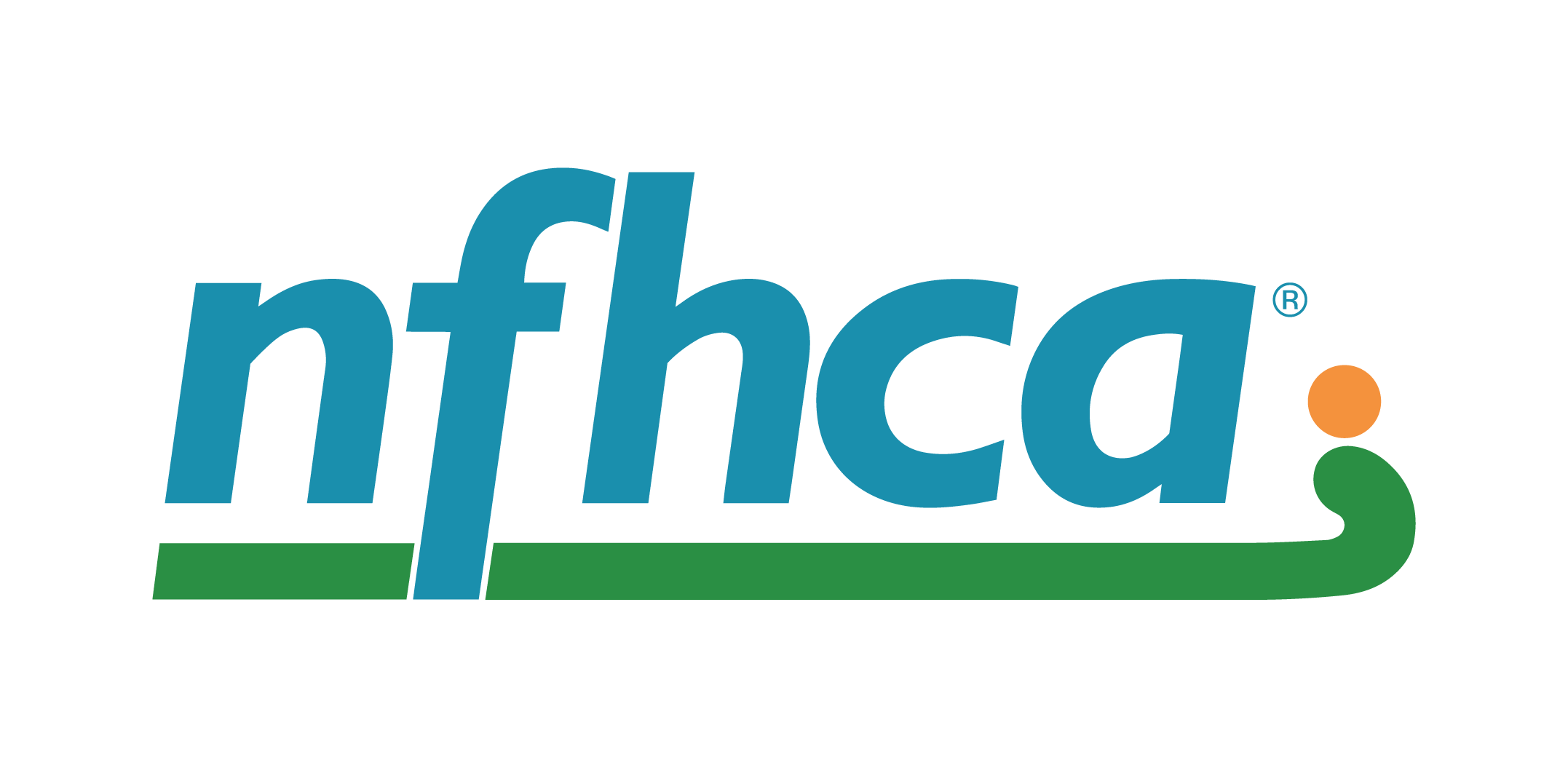Creating A Healthy Team Environment

By Valerie Lohr, Director of Student Well-Being & Performance Mindset at Saint Mary’s Hall (TX)
Healthy thriving is the way forward. To truly thrive and connect with the reasons people choose coaching as a career, coaches and their teams must be holistically healthy. That does not mean everything is great and smooth every single day. It means that even during trials and chaos, there is peace. There remains a vision for a way forward fostered by the hope and the reality that the coach and the team have created a space where they will remain successful and continue building on their journey regardless of circumstances and temporary setbacks.
An intentional and proactive engagement with creating mind, spirit, and body balance is necessary to the creation of a healthy team environment; it breeds success. When I say success, I mean living a life aligned with core values in a manner that creates harmony and peace. Success is embodied in a balance of mind, spirit, body that leads to self-advocacy and efficacy. This is important as an individual at a base level because people cannot be healthy teammates to others if they are not healthy and balanced within themselves.
A team is often comprised of many different personality types, behaviors, and value systems. It is crucial when laying the foundational groundwork for a team that members of the team identify team values, guiding principles, and a mission statement. Team members must be invited and welcomed into the space in order to create the framework for a healthy environment. Inviting someone into a space gives them physical permission to be there, whereas welcoming them adds that level of intentionality to be a stakeholder. Team members need to feel integral and accountable for success. They also must be invited and welcomed to continue the work throughout their time on the team. It is a process not a goal and therefore must change and grow as the team and its members change and grow.
Learning how people give and receive information, their DISC behavior styles, and their intrinsic and extrinsic motivators can give them autonomy and control in fashioning their own success. So many factors are outside of a person’s control, but their attitude and effort are powerfully within their control. Giving them the tools to understand what attitude and effort look and sound like for themselves and their teammates reduces confusion and creates connection. This connection is intrinsic as they learn about themselves and extrinsic as they learn about their teammates. This knowledge is incredibly powerful and lends itself to empathy and grace with themselves and others. In this space, teammates give each other the benefit of the doubt, not taking things personally, and removing judgment of themselves and others. It is an amazing environment to foster growth and balance when you work with your team to move to a space where the team expands their circles of grace for themselves and others. This space creates greater connection, and as humans, that connection is necessary for health and wellness.
This connection, balance, inclusion, and grace starts at the top with the leadership. For coaches and their teams to thrive, coaches must take care of themselves with grace, balance, and self-care. By addressing their own health, coaches model the necessary behavior for their athletes. Athletes recognize when their coaches are being authentic and doing the work that they ask their athletes to do. Coaches must identify what they value and how they define success for themselves and their teams. “Fake it until you make it” is not sustainable for long-term health and success. To be healthy, to be well, and to have balance is critical for creating and maintaining a healthy environment for themselves and their teams. Some days will be healthier than others, and as time passes, the lows will start getting higher and the highs will continue to set the bar for health, wellness, and connection.
About the Author
Valerie Lohr serves as the Director of Student Well-Being and Performance Mindset, as well as the Head Field Hockey and Women’s Lacrosse Coach at Saint Mary’s Hall in San Antonio, Texas. Lohr is also the AAU Junior Olympics Field Hockey Player Well-Being Coach and is the Region 9 & 10 Coach Manager for USA Field Hockey.
NFHCA Blog Disclaimer
All content on this blog is for informational purposes only and should not be interpreted as a substitute for NCAA compliance or legal advice. The NFHCA recognizes that the accuracy of the content and opinions in this blog may change over time. The blog site may contain links to other websites or content belonging to or originating from third parties. Such external links are not monitored or endorsed by the NFHCA and the NFHCA does not control such external websites or their content. The NFHCA will not be held responsible for the content of any message from external websites or contributing authors.
The National Field Hockey Coaches Association (NFHCA) is a nonprofit organization serving field hockey coaches and supporters of the game from across the United States. The mission of the organization is to champion, strengthen, and celebrate field hockey coaches and the game. The NFHCA strives to cultivate and recognize the professional contributions of its membership and to foster and promote the growth of the sport. The NFHCA is responsible for providing a recognizable presence and voice in regard to legislation affecting the sport as well as interscholastic and intercollegiate programs.
